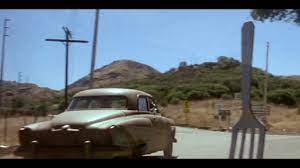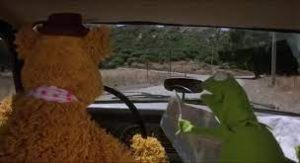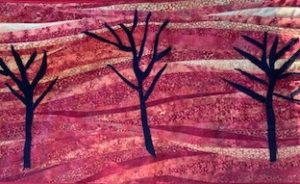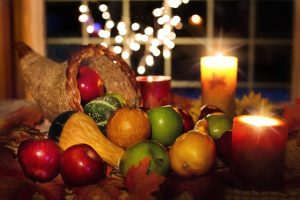

When you have a specified destination and limited time or supplies, it’s best to stick to a known way, but on occasion, choosing the less-traveled path can actually lead to a serendipitous outcome.
One Sunday afternoon, wandering the ravine on my own, I came across backyards of houses and had no idea of what road they were on. Going back and persuading my husband to accompany me, we traced my route. Hearing voices, we called out a greeting to the people up above. Because the back of properties behind us bordered each other in an odd way, they were actually just three doors down from us. Extending the handle of a hoe, they pulled us up onto their backyard to enjoy some campfire hospitality. Turns out they were from northern Ontario, and had just moved in. We’ve enjoyed a neighbourly relationship since. Makes a great origin-of-friendship tale!
There are times when we miss so much by taking the wide, well-traveled paths. Jesus warns that it can be deceptive, though it seems far easier to follow the crowd. A narrow, less-worn path, though lonely at times, may be your unique path to get where you really need to be.
In a memorable scene in the Muppet Movie, Kermit tells Fozzie to “take a left turn at the fork in the road.” A navigator and clear landmarks can be really helpful. It’s not always that clear! What we lose in clarity, however, may be made up for in adventure and growth.
Construction or an accident may compel us to take detours. As much as these slow us down, an unfamiliar smaller road can open up the world, allow us to experience the small towns or villages we’ve formerly only known by names on signposts. As “shunpikers,” we can avoid a 401 highway where everyone seems hell-bent on getting to their destination.
“I shall be telling this with a sigh
Somewhere ages and ages hence:
Two roads diverged in a wood, and I –
I took the one less traveled by,
And that has made all the difference.”
Robert Frost, “The Road Not Taken”
 “
“